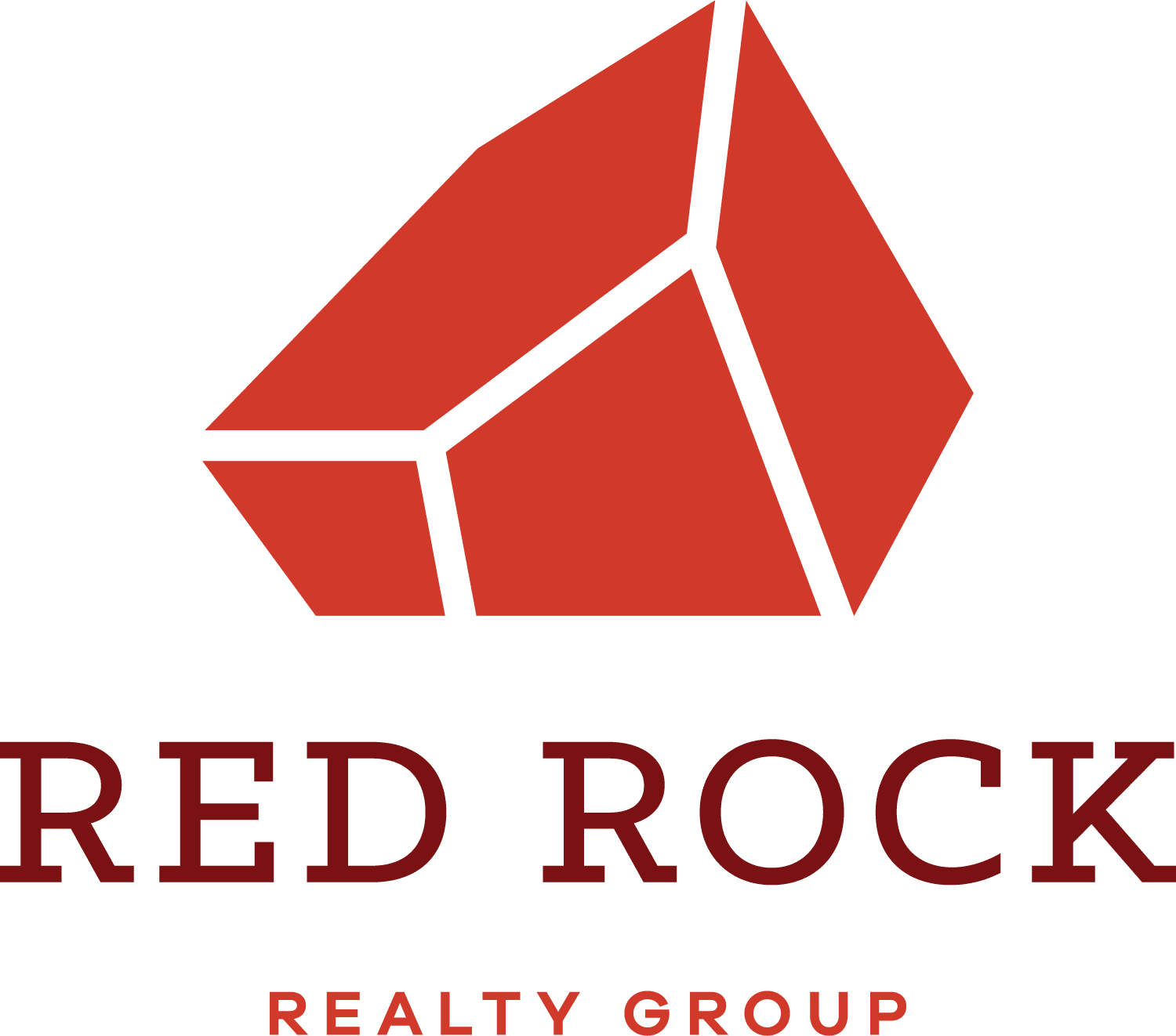You’ve spotted the perfect retail strip, office building, or warehouse, and are ready to make your move. But then comes the question that stops a lot of new investors in their tracks:
“How do I actually finance this?”
Commercial real estate isn’t just bigger in scale—it’s more complex, more strategic, and yes, more rewarding when done right. But getting your foot in the door starts with understanding how the money works. From traditional bank loans to bridge financing, equity partners, and SBA-backed options, there are multiple ways to structure a deal, and choosing the right one can make or break your return.
Thankfully, Red Rock Realty has broken down the most practical financing routes for beginners in commercial real estate. Let’s take a closer look.
Traditional Bank Loans: The Standard Starting Point
For many first-time investors, a traditional bank loan is the most straightforward option. These loans have predictable structures and are widely offered by national and local financial institutions.
How Traditional Bank Loans Work
A traditional commercial mortgage usually requires a down payment between 20% and 30% of the purchase price. The loan term typically ranges from five to twenty years, and the interest rate can be either fixed or variable. Lenders expect the borrower to cover the remaining percentage of the cost using their own funds or through another financing method.
What You’ll Need to Qualify
- A strong credit score that shows you’re financially reliable
- Proof of steady income or other assets that demonstrate repayment ability
- A clear plan for how the property will be used or leased
- Documentation, including tax returns, bank statements, and a personal financial statement
- A business plan is required if the property is tied to your company or intended for commercial operations
Working With Banks
Banks aren’t just looking at you as a borrower. They also evaluate the property’s income potential to make sure the investment is likely to perform well. It helps to have realistic projections and a clear idea of how the property will generate revenue.
If you’re investing in Alabama, consider exploring local banks and credit unions. These institutions often know the communities well and may be more flexible or approachable when structuring a deal. A local banker might even have insight into neighborhoods or trends that a national lender would overlook. That local touch can go a long way in helping you move your project forward.
SBA Loans and Government-Backed Programs
Small Business Administration (SBA) loans offer another powerful tool for financing commercial properties. These government-backed programs are designed to help small business owners access affordable capital with favorable terms.
SBA 504 Loans
The SBA 504 loan program is popular for real estate purchases and improvements. It offers long-term, fixed-rate financing and is ideal for owner-occupied properties. That means you or your business must occupy at least 51% of the space.
This loan is structured in partnership with a bank and a Certified Development Company (CDC), making it a strong option if you’re buying a building for your business operations.
SBA 7(a) Loans
The SBA 7(a) loan is more flexible and can be used for various purposes, including purchasing land or buildings, renovating, or refinancing existing debt. Loan amounts can go up to $5 million, and down payments are often lower than conventional loans.
Private Investors and Equity Partnerships
At some point, most commercial real estate investors realize they don’t have to go it alone. Strategic partnerships, especially with private investors, can give you the capital, credibility, and confidence to take on bigger deals without bearing all the risk yourself. For first-time investors who are serious about growth, equity partnerships can open doors that would otherwise remain shut.
Understanding Equity Partnerships
In a typical equity partnership, two or more parties join forces to acquire a commercial asset. One partner might contribute most of the capital, while the other handles operations, asset management, leasing, or deal sourcing. This division of labor leverages each partner’s strengths and builds toward a common goal: long-term equity growth and a strong return on investment.
Where to Find the Right Investor
Capital is everywhere, but smart money wants a smart plan. You can start close to home by pitching your vision to family members or colleagues looking for passive investment opportunities. But for more seasoned investors, you’ll need to go further.
Start showing up at commercial real estate investor meetups, REIA events, or development roundtables. Engage on platforms like BiggerPockets and LinkedIn, and align yourself with commercial brokers, attorneys, or property managers with a strong network. In Alabama, plenty of professionals know someone looking to deploy capital in the right deal. The key is credibility. When you present a potential investment, have the numbers ready. Know your cap rate. Show projected cash flow. Be honest about the risks, but clear about the upside.
Making the Pitch
You don’t need a flashy pitch deck. You need a sound investment strategy. Walk investors through the deal structure, their role, and how they’ll get paid. Most private investors are looking for one of two things: equity growth over time or strong cash flow within a relatively short timeline. The more confident you are in your plan and the more thoroughly you’ve stress-tested it, the easier it is to build trust.
Bridge Loans & Hard Money Lenders
Not every commercial investment can wait for a traditional bank loan. When a promising deal hits the market and you need to move quickly—or when a property needs work before it can qualify for long-term financing—short-term financing like bridge loans or hard money loans can give you a tactical edge.
What Are Bridge Loans?
Bridge loans are temporary loans that provide immediate capital while you work toward more permanent financing. These loans typically last six months to three years and are secured by the property. They’re helpful when closing on a new property while waiting to sell another or in the middle of a repositioning strategy.
In commercial real estate, investors often use bridge loans to acquire value-added properties—buildings that need renovations, lease-ups, or operational improvements to increase net operating income (NOI). Once stabilized, the property can be refinanced into a conventional mortgage or sold at a profit.
What Are Hard Money Loans?
Hard money loans operate on similar timelines but usually come from private lenders rather than banks. They’re asset-based, meaning the approval hinges more on the property’s value than your credit or income. This makes them ideal for deals that need quick funding or don’t meet traditional lending criteria.
Interest rates and fees are higher with hard money loans, but in fast-paced markets, or when buying distressed or off-market properties, the speed and flexibility can outweigh the cost.
When These Options Make Sense
Bridge and hard money loans are most useful when:
- You’re competing in a hot market and need to close fast
- The property needs significant upgrades or stabilization
- You’re flipping or repositioning a commercial asset
- Traditional lenders won’t approve the deal in its current state
A Modern Option: Real Estate Crowdfunding
Real estate crowdfunding has become a popular entry point for new investors who want exposure to commercial real estate without the responsibility of managing a property.
Crowdfunding platforms allow multiple investors to contribute capital toward a real estate project. In return, investors receive a share of the profits. You don’t have to purchase an entire building or sign a loan agreement. Instead, you become part of a larger investment group.
The minimum investment amount is usually low, often starting at just $500 or $1,000. This makes it accessible for those who are still building capital. You can also benefit from diversification, as many platforms offer portfolios of commercial properties across various markets.
How Red Rock Realty Can Help You Invest in Birmingham, AL
Commercial real estate investing is a complex journey, but you don’t have to navigate it alone. Red Rock Realty is here to help you every step of the way, whether buying your first office building or scaling your portfolio with value-add multifamily assets.
Our team brings deep local knowledge, strong relationships with lenders, and hands-on experience with deal structuring, market analysis, and long-term investment planning. We work with new investors who are still building capital and seasoned professionals looking to expand into new markets.
We help:
- Identify commercial investment opportunities based on your financial goals
- Connect you with trusted local lenders, attorneys, and inspectors
- Analyze cash flow, cap rates, and neighborhood trends
- Structure joint ventures and equity partnerships that work for all parties
- Guide you through financing options
Ready to Take the Next Step?
If you’re serious about commercial real estate in Alabama, Red Rock Realty is ready to be your strategic partner. Let us help you build confidence, find the right deals, and create a long-term investment plan that makes sense for your future. Reach out to us today, and let’s talk about where you are, where you want to go, and how we can help you get there.


